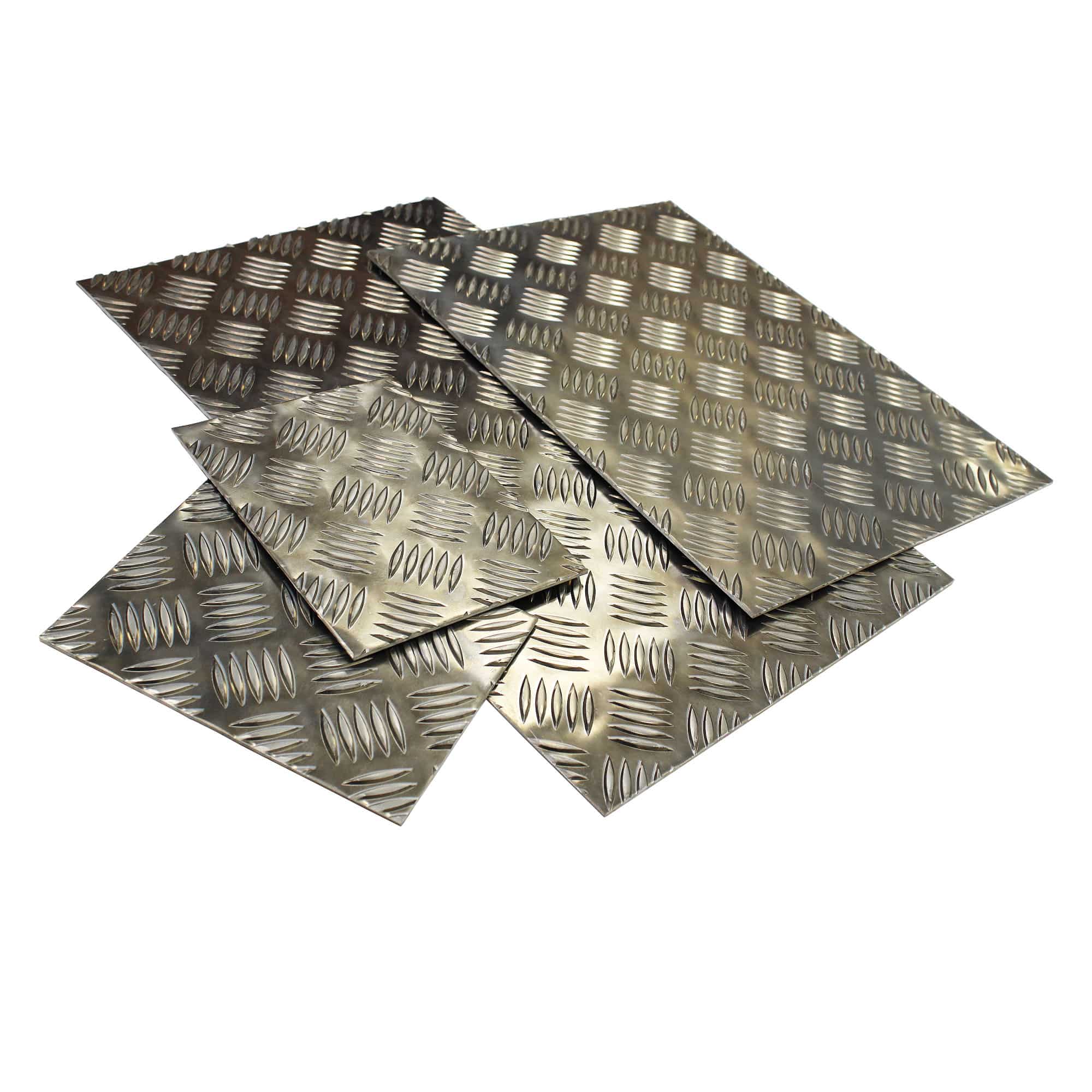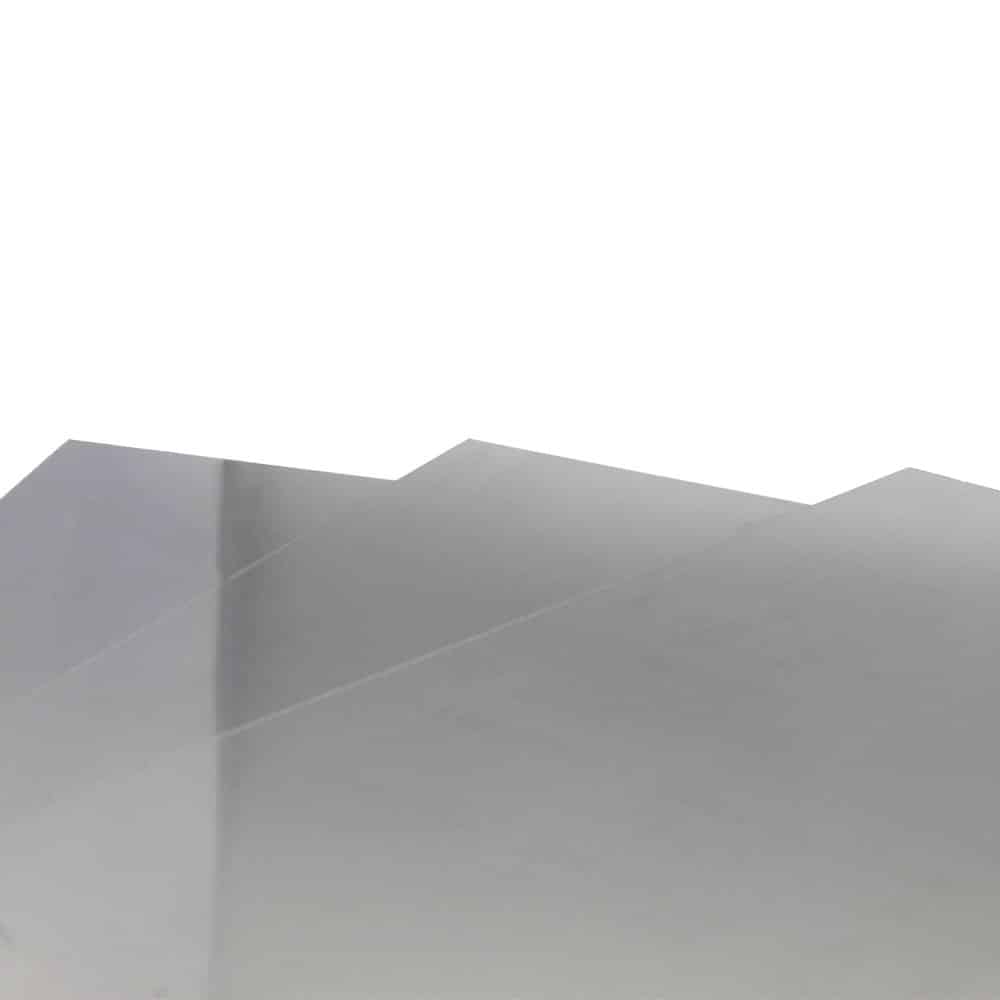- Massive Range
- FREE UK Delivery
- Rapid Dispatch
- Massive Range
- FREE UK Delivery
- Rapid Dispatch
- Massive Range
- FREE UK Delivery
- Rapid Dispatch
£11.99 – £43.09 inc VAT


This website is secured:
💡 This Handy Article Should Help You To Decide If 3mm Mild Steel Is Right For Your Project
£ MULTIBUY SAVINGS – Order 3 For 10% Off
✔ Specialists In Rapid Shipments Of Any Size
✔ FREE UK Delivery Included
✔ Immediate Express Dispatch From Stock
✔ Tracked Delivery with Order Updates
✔ 30-Day Returns Accepted
£ Check Out Our Clearance Listing For Savings
@ ☏ Bespoke Cuts & Larger Lengths Available
If you’re looking for a versatile and durable material for your next metalworking project, look no further than 3mm thick mild steel metal sheet plates from Speciality Metals. Made with top-quality steel and supplied right here in the UK, these plates are built to last and offer great weldability, machinability, formability, and bendability. Whether you’re creating a piece of artwork or building a structure, these steel plates can be cut and shaped to your exact specifications.
With a variety of sizes available, you won’t have to worry about finding the right fit for your needs. Shop with Speciality Metals today and take your metalworking to new heights!

Mild sheet steel metal plate is the most popular product that we offer. It is a quality strong metal for myriad DIY and industrial applications. The uses for mild steel plate metal include automotive bodywork, boxes and security doors.
Speciality Metals offers top-quality 3mm thick mild steel metal sheet plates that are versatile and durable. These plates are great for a range of applications and are supplied all across the UK. The steel metal sheets are known for their weldability, machinability, formability and bendability, making them an excellent choice for engineers. Additionally, these plates come in various sizes, ensuring that you will find the right one for your specific needs. Speciality Metals is committed to providing their clients with high-quality steel metal plates that meet their needs and exceed their expectations.
We also offer mild steel off-cuts too if that suits your requirement better.
Sheet metal is also available in aluminium and stainless steel.
Speciality Metals is known to be the United Kingdom’s best up-and-coming small-quantity metal company.
Furthermore we stock a vast range of plain sheet plate options that compliment our mesh range perfectly.
Over 50,000 customers of Specialty Metals are provided with fast, friendly customer service every year. We’re the place to try when you need metal of any shape and size. We’re based in Warrington, UK. We pride ourselves on our rapid turnaround and a large range of options.
Maintaining 3mm thick mild steel sheet involves several practices aimed at preserving its quality, appearance and extending its lifespan.
Firstly, you should regularly clean the steel sheet to prevent buildup of dirt, dust and grime. This can be done using a clean cloth or sponge with warm water and mild soap or detergent. After washing, it’s important to thoroughly rinse and dry the sheet to remove any remaining soap and prevent moisture-related issues like rusting. Mild steel is susceptible to rusting, especially when exposed to moisture and air. If you notice any rust, you can remove it using a wire brush or fine-grit sandpaper. Always ensure you work along the grain of the steel to avoid scratching the surface. After removing the rust, it’s recommended to apply a rust converter to halt further rust formation and seal the metal.
To further protect against rusting, consider applying a protective coating to the steel sheet, particularly if it is to be used in a moisture-prone environment or outdoors. Paint, powder coating and galvanisation are all methods that can help resist corrosion and rust. In addition to protective measures, storing the steel sheet in a dry and clean environment is also critical.
Finally, avoid placing heavy objects on the steel sheet to prevent denting or deformation. The sheet should also be handled with care to avoid scratches or physical damage. Remember, each application might require specific maintenance procedures, so you should always consult with your supplier or an industry professional to ensure appropriate care for your 3mm thick mild steel sheet.
Yes, 3mm thick mild steel sheet is completely recyclable. Steel is one of the most recycled materials in the world due to its ability to maintain its properties during the recycling process. When mild steel is recycled, it is typically collected, sorted and then melted down to form new steel products. This process can be repeated infinitely without any significant degradation in the quality of the steel, which is one of the reasons why steel recycling is so common and effective.
Recycling steel not only reduces the demand for newly extracted iron ore, but it also uses significantly less energy compared to producing steel from raw materials. It helps in reducing greenhouse gas emissions and conserving natural resources, contributing significantly to sustainable development.
It’s important to note that recycling processes vary by region, so you should check with local waste management or recycling facilities to understand the specific processes and regulations in your area. In some cases, steel sheets can also be resold or repurposed for different applications, extending their lifespan and reducing the need for new materials. Whether through recycling or repurposing, using steel products like 3mm thick mild steel sheet can play a part in promoting environmental sustainability.
While mild steel sheets are robust and versatile, their use in structural applications depends on the specific requirements of the structure in question. A 3mm thick mild steel sheet possesses considerable strength and is often used in various manufacturing and construction contexts, but its appropriateness for structural applications is contingent upon the load it’s expected to bear and the environmental conditions it’s exposed to.
In most structural applications, elements are subjected to high stresses, and thicker sections or structurally-rated materials may be necessary. For applications like load-bearing structures, beams or columns, structural steel, which is specially produced for such purposes, is often a more appropriate choice due to its higher yield strength and rigidity. Additionally, while mild steel is weldable and malleable—advantageous properties in many construction contexts—it is also prone to corrosion, which can compromise its structural integrity over time. Therefore, if a mild steel sheet is used in an outdoor environment or places with high humidity, anti-corrosion measures such as galvanisation or painting would be required.
In any case, it’s always crucial to consult with a structural engineer or another qualified professional to make decisions about the suitability of materials for specific structural applications. They can provide guidance based on the exact load-bearing requirements, safety factors, building codes and other technical specifications.
Yes, 3mm thick mild steel sheet can indeed be drilled. Mild steel is a relatively soft and malleable material that can be worked with standard drilling tools. However, as with any drilling operation, certain precautions and procedures should be followed to ensure a clean, accurate hole and to prolong the life of your tools.
Firstly, select the correct drill bit for metal drilling. High-speed steel (HSS) drill bits are commonly used for drilling into mild steel. They can withstand the heat generated during the drilling process better than other standard drill bits. If the drilling operation is large or the precision is critical, a cobalt or carbide-tipped drill bit could be used for even better performance.
Secondly, use a punch to make a small dent at your drilling location. This helps to prevent the drill bit from wandering when you start drilling. Next, set your drill speed. Lower speeds are usually better when drilling into metal to reduce heat. Make sure to apply a steady, moderate pressure as you drill. A key point when drilling into any metal, including mild steel, is to use a cutting or drilling oil. This lubricant helps to cool the drill bit and the workpiece, reducing the chance of overheating and damaging the drill bit. It also helps to remove chips and swarf from the hole, resulting in a cleaner cut.
Lastly, always use protective safety gear, including safety glasses, to protect yourself from flying metal shavings. Remember, the quality and speed of the drilling will depend on the sharpness of your drill bit, the power of your drill and the proper use of cutting oil. It’s always best to start slowly, especially if you’re new to drilling into metal and consult with a professional if needed.
Check out our recent article ‘Cold Rolled vs Hot Rolled Steel’ for a deeper dive into mild steel metal. We have also recently written an article explaining how to cut metal, which is well worth a read before you select the metal that best suits your requirement.
We are also adding product videos to our YouTube channel. Our goal for our blogs, videos and help guides is to answer as many questions as possible to help to explain the possibilities of metal materials to our customers.
Contact us today if you have any questions at all. We are always really keen to help in any way that we can.
We are also very proud of our highly popular eBay store, check us out there too.
£13.99 – £30.49 inc VAT
£17.99 – £54.99 inc VAT

£13.99 – £30.49 inc VAT

£17.99 – £54.99 inc VAT
Speciality Metals
Unit 1, Farrell Street, Warrington,
Cheshire, WA1 2WW, United Kingdom
Quick Links
Payment Options
